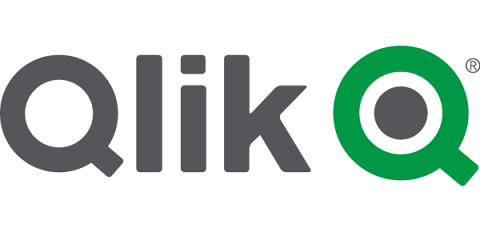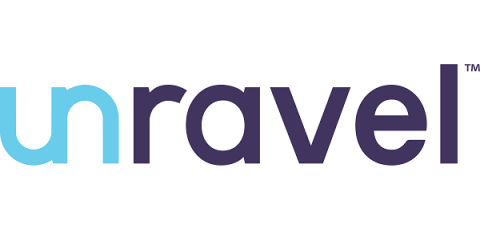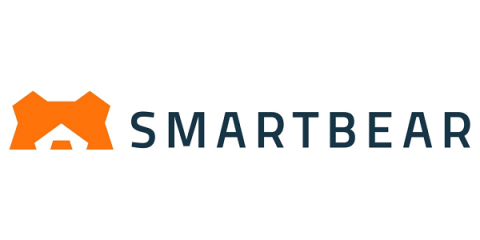Trellising
Today I’m going to do something different and not talk about a specific visualization as I’ve done in my last blog posts, but rather a technique that we use within visualization. How to create multiple views that each show a different part of your dataset?








